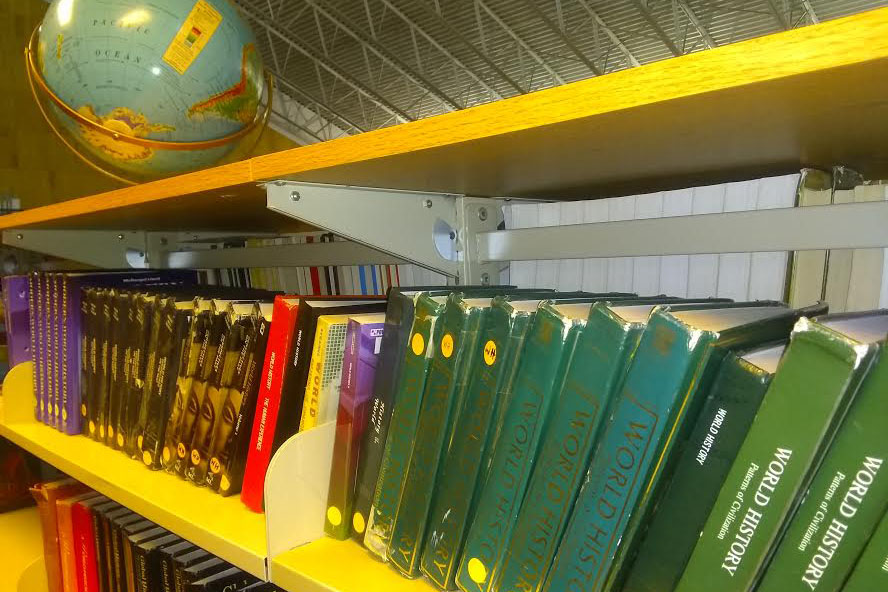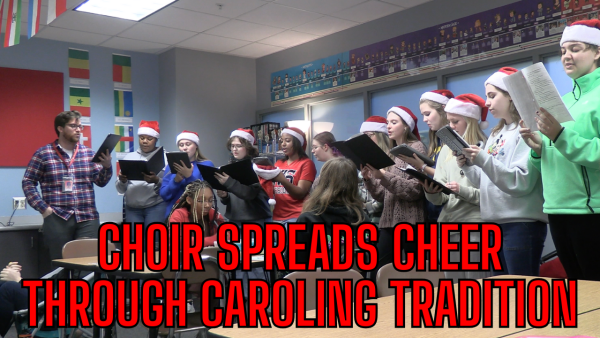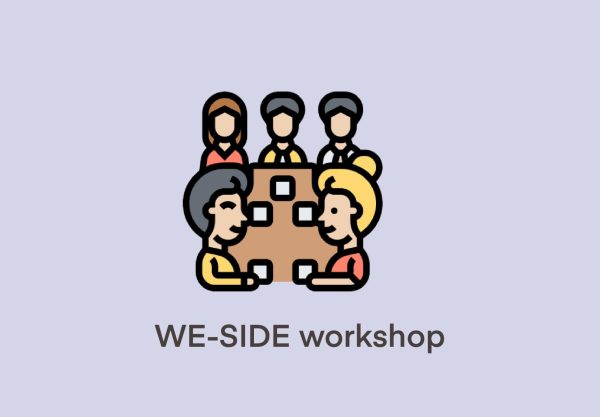Library Databases: Overlooked or Unnecessary? Students and Teachers Weigh In
The library databases.
Westside provides a number of tools to help with student classwork such as laptops, assigned mods, and peer tutors to help with students. Another tool provided by the district is certain databases. These databases range from Gale, EBSCO, and World Book. Librarian Theresa Gosnell said she feels that the value of the databases is overlooked by students.
“I think anytime that you can stress the use of the databases more would be great, [although] not every project is made for databases,” Gosnell said. “I probably need to get out there and encourage it more; I don’t know where any other teacher is when teaching [about the databases].”
When it comes to students using the databases, it seems that a few do feel as though they are being forced to do so.
“I was forced to use [a database] three times and I wasn’t a big fan,” said senior Jeff Higgins.
Other students said they don’t feel that they are taught how to use the databases well enough.
“[Teachers] don’t really teach us how to use [databases] that well,” said junior Joseph Murphy-Chavez.
EBSCO databases have an average of 3,741 searches through August 2018 to February 2019. This is district-wide, not Westside High alone. The subscription cost of the database is $3,199 a year. An average of 7,482 searches a year is similar to spending $0.42 for a single search. Some may find the databases to be an unnecessary tool, but Gosnell motivates the use of them.
“It’s good to use different types of sources [and to] encourage the use of different websites,” Gosnell said. “[The high school] used to pay for [the databases] but now the district pays for them. Sometimes it’s easier to find things on Google, [but] the databases are more academic; Google is more current events.”
Some may find it ideal for teachers to help students with using the databases. However, some students, including Murphy-Chavez, disagree.
“No, I still wouldn’t [use the databases],” Murphy-Chavez said. “It’s too much to go to a separate [website] than just going to Google.”
Looking at the numbers for the database Gale, there are only five searches by students doing some form of research. For non-class required purposes, the number goes up to 2,806 on the database.
“Once when I was forced to [use the database], it was for English,” Murphy-Chavez said. “We had to use the database, [but] I didn’t want to.”
It seems as though students would prefer not to use the databases if given a choice. If you would like to use the databases, Gosnell said she is happy to help.
“If anybody ever has trouble with the database I’m here to help them, they can come to me anytime they need help researching,” Gosnell said.
Your donation will support the student journalists of Omaha Westside High School. Your contribution will allow us to purchase equipment and cover our annual website hosting costs.

Hi, my name is Nathanael Monjarez! I am a staff writer for Sports Journalism this year. I am currently a Senior and this is my second year in Sports Journalism....

Hi my name is Brenden Plucinski! I am a staff writer for Westside Wired this year. I am currently a Jurnior high school and this is my first year on Lance....












